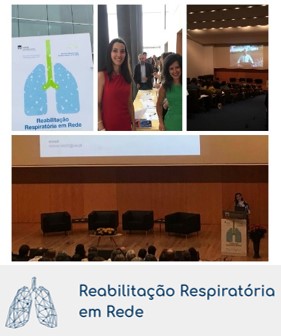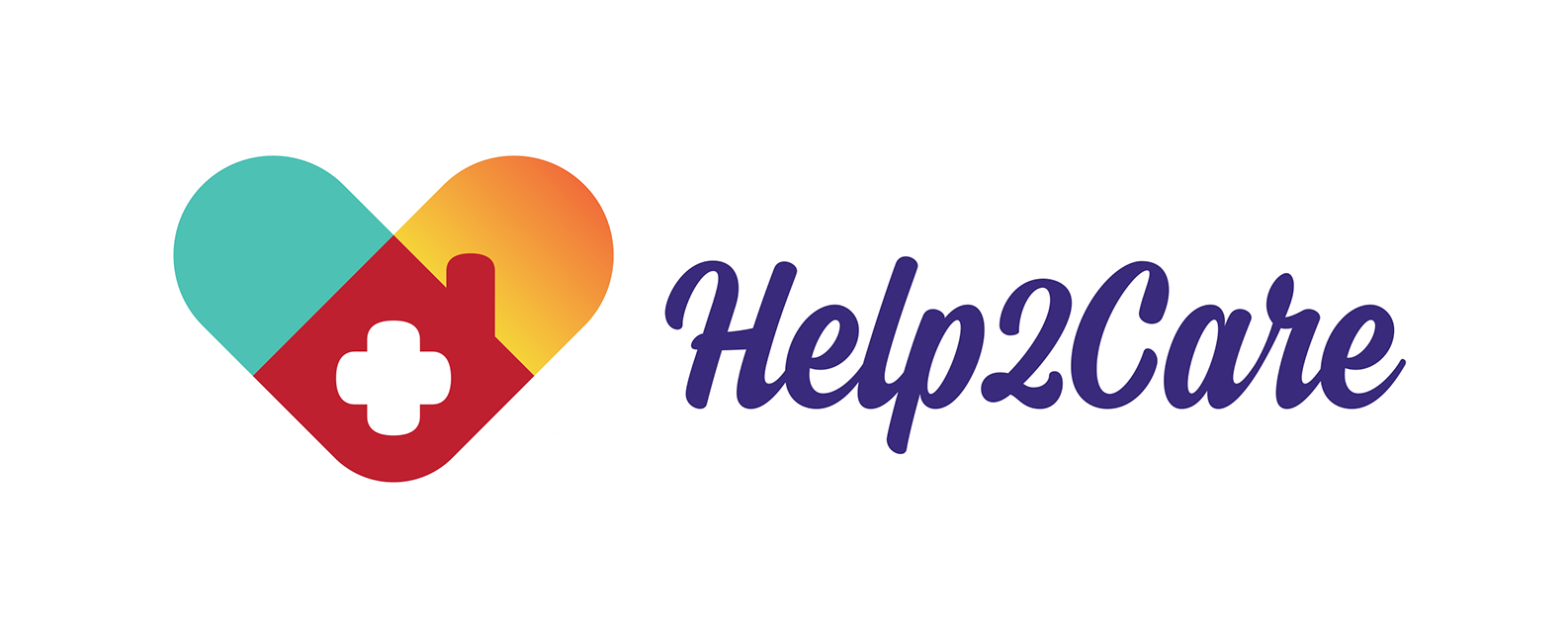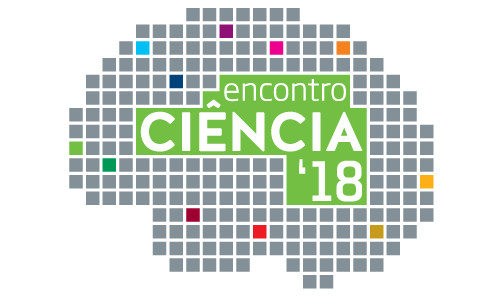
First Prize of the Eric Roger Wroclawski Award 2018
Maria dos Anjos Dixe researcher at the Center for Innovative Care and Health Technology (ciTechCare) and Patrícia Miranda, Joana Aquino, Ricardo Monteiro, Alexandra Luz, Pascoal Moleiro were awarded the First Prize of the Eric Roger Wroclawski Award 2018 in the category of Clinical Medicine with the article ‘Sexual behaviours: Study of Young People’.

ciTechCare was present at the NursID 2018 – International Nursing Research Week
NURSID International Research Week 2018 is an event joining together researchers in Nursing organized by NURSID – CINTESIS. The research week occurred on July, 9th to 13th, organized in workshops, 8 thematic seminars, project exhibitions, doctoral students’ meeting and an international congress, composed by poster presentations, oral communications, conferences, round tables and debates. The aim was to provide a space for sharing knowledge, experiences and evidences resulting from research, in order to foster the opportunities for establishing partnerships between researchers, with emphasis on research projects under development in the NURSID Group of CINTESIS and UNIESEP. Ana Querido attended the week

‘Reabilitação Respiratória em Rede’, an online platform developed in a project developed by the University of Aveiro in partnership with ciTechCare
Pulmonary rehabilitation (PR) is an evidence-based intervention for the management of patients with COPD and other chronic respiratory diseases. Despite the well-established evidence of its benefits, PR is practically non-existent in Portugal. The few existing programmes have been developed in a hospital setting, with less than 1% of the ‘candidate’ patients having access to it. Therefore, the project ‘Revitalizing Pulmonary Rehabilitation’ (3R – SAICT-POL/23926/2016), of the University of Aveiro in co-promotion with the Polytechnic of Leiria, has sought to increase access and equity in the health of this population through the development of PR programmes in the community and the dissemination of

ciTechCare researchers present at conference in Leiria Hospital Center
The Research Center of the Leiria Hospital Center invited several partner institutions to talk about partnership projects at its sixth conference.The conference took place on July 5th at the auditorium of Santo André Hospital in Leiria. With the theme “Research in CHL – projects in partnership with other institutions”, the CI/CHL conference was attended by Maria Pedro Guarino, Maria dos Anjos Dixe and Rui Fonseca-Pinto, from the ciTechCare.

Help2Care Project was distinguished on the Compete 2020 Newsletter
The project Help2Care was distinguished on the issue n.º 162 of Compete 2020 Newsletter (July).This is a joint project between IPLeiria (ciTechCare) – (promoting entity), the Polytechnic Institute of Santarém, the Polytechnic Institute of Castelo Branco and the Leiria Hospital Center. Funding: 149.000€ from Compete 2020 through Support System for Scientific Research. See full article HERE

ciTechCare was present at the Science Meeting 2018
Science 2018 is another edition of the annual meeting of Portuguese researchers. It aims to promote the broad debate of the main themes and challenges of the scientific agenda beyond the universe of research.The conference took place on July 2nd at Centro de Congressos de Lisboa.The Science Meeting 2018 was attended by Maria dos Anjos Dixe. Find more information HERE.
